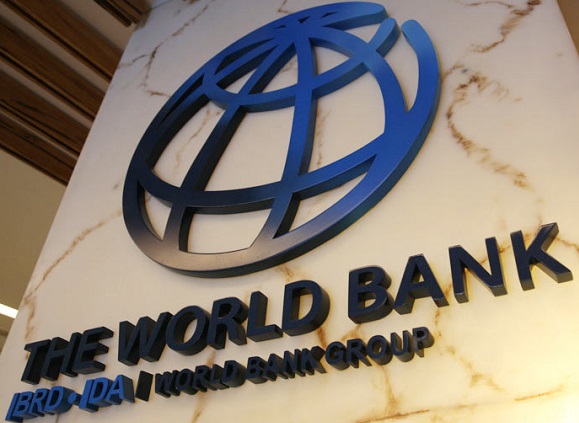Foreign direct investment (FDI) has become topical these days because it is one of the main sources of economic growth and has the potential to create new employment opportunities and the transfer of knowledge and technology, advanced strategy in marketing and communications.
Privatisation, deregulation and liberalisation policies adopted over the years, especially from the 1990s, have created the enabling environment that has attracted investment worth billions of dollars into the country.
From openness to conversion and transfer policies through dispute settlement, the right to private ownership, transparency of the regulatory system, protection of property rights, among others, Ghana seems to have done enough to attract some of the best and needed FDIs.
This is seen in the value of FDI inflows into the country recently. The country recorded 1,775.11 per cent increase in FDI inflows for the first quarter of 2017 over that of 2016.
According to the Ghana Investment Promotion Centre (GIPC), the nation bagged US$2.954 billion in registered FDIs in the first three months of 2017, as against US$157.57 million during the same period in 2016. This is really encouraging and if the trajectory continues, then we are in the process of real transformation in a relatively short time.
That is why nothing should be allowed to come
It is against the backdrop of such promising achievements that the Daily Graphic is saddened by a UN report that has identified “facilitation fees” and illegal ways of extracting money from businesses and private individuals as militating against Ghana’s efforts to attract investment.
The report is also damning, as it faults the country for the absence of a strong record of prosecuting corruption.
As unfortunate as these findings
In recent times, the government has embarked on a policy to automate operations in state organisations. The indication is that this move has helped reduce corrupt practices in these outfits. We, therefore, encourage it to extend the automation system to all state organisations in order to do away with or at least reduce to the barest minimum human interaction that has the propensity to breed corruption.
Again, citizens should bear in mind that the few who are denying the country from reaping from its investment climate because of their corrupt practices are in effect denying both current and future generations of a better standard of living. We should all play roles to ensure that these hoodlums and nation wreckers are exposed to face the law.
It would not be out of place for every minister to have a dedicated electronic medium through which people can report such incidents. The nation is certainly sick and tired of the few who always want to reap where they have not sown. It should even be possible for the Jubilee House, especially the ministry responsible for measurement and evaluation, to have a dedicated desk where such corrupt practices can be reported. We are of the view that this will not be seen as micromanagement.
We really have to get our act together as a nation to shed the negative tag we have acquired as a corrupt country.

